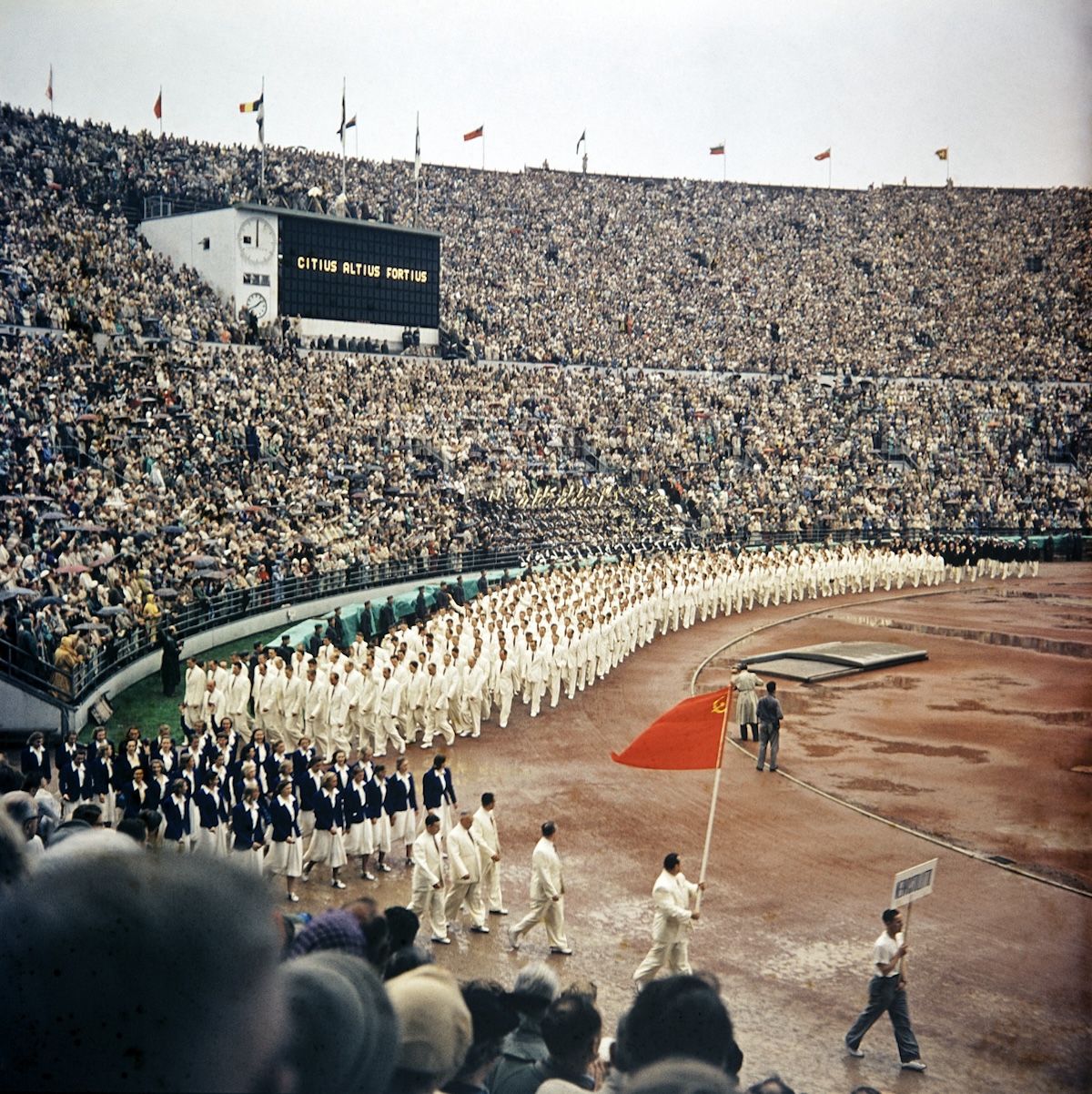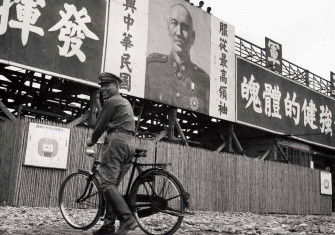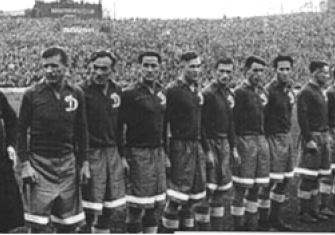The Cold War and the Olympics
From the recognition of East Germany to the banishment of Taiwan and the Soviet invasion of Afghanistan, diplomatic disputes dogged the Olympics throughout the Cold War.

International sport needs the interest and support of politicians, but not their interference. Politicians, on the other hand, appreciate that sport has a political dimension, and exploit this when they can. Both sides in the Cold War engaged in the most extraordinary stratagems, mostly unscrupulous, many akin to schoolboys’ japes, and all sanctified by state necessity. The Olympics provide splendid examples of the use made of sport by politicians in this period. Nevertheless, in general, politicians do not seem to have adopted the Olympic movement's estimate of its own importance. Sport was a weapon of international affairs, but only one among many, and even President Carter, who became more deeply involved than most, saw that a boycott of the Olympics did not entail any material sacrifice on the part of the USA, even though the athletes’ careers suffered. On the other side of the Iron Curtain, states with fewer genuine weapons at their disposal used sport with correspondingly greater passion.







